Mastering Pest Control Across Nashville’s Seasons
Exploring the intricacies of managing pests through Nashville’s varying seasons, you discover that each period brings unique challenges. From the bustling emergence of termites in spring to the increased rodent activity during the chilly winter months, mastering pest control demands an in-depth understanding of these natural cycles. In Nashville, pest control strategies need to be as dynamic as the seasons themselves. You must adopt adaptive measures to tackle each pest effectively. As you navigate through termite control in Nashville’s humid spring and prepare for the potential onslaught of other pests like mosquitoes and ants, staying informed is crucial. Tailoring your approach to align with Nashville’s seasonal pests ensures that your home remains a comfortable, pest-free environment year-round.
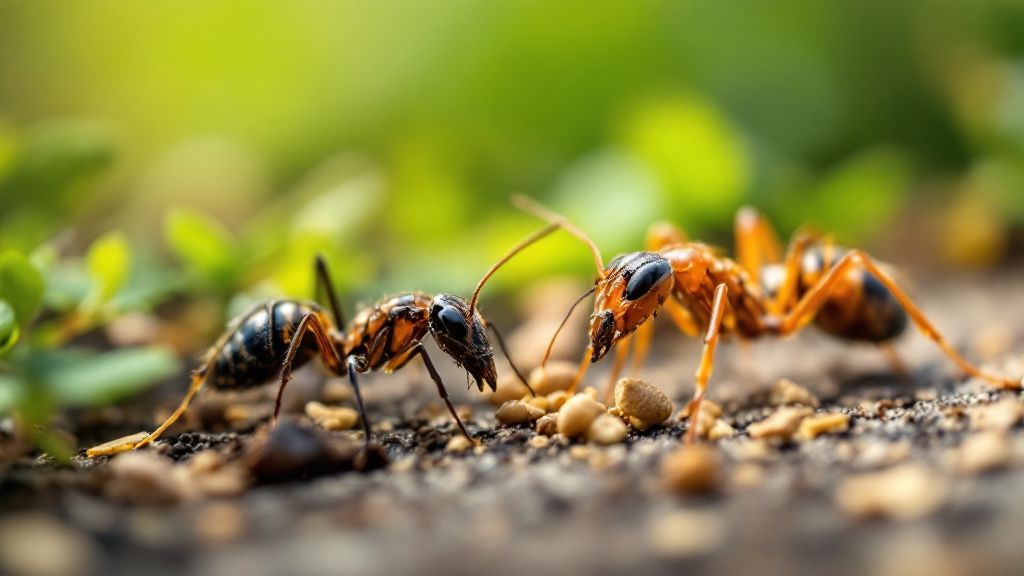
Spring Pests to Watch Out For
As spring breathes new life into Nashville, you must be on the lookout for the unwelcome guests it brings. Among the most notorious are termites, who find the dampened wood from spring rains an ideal living and breeding ground. It’s no surprise that termite control in Nashville becomes a critical concern during this season. Their silent but destructive nature means that by the time you notice them, significant damage may already be done.
While many focus on termites, ants are also a common nuisance during spring. As temperatures rise, these tiny insects are drawn to the sweet nectar of your blossoming garden and can form extensive colonies around and inside your home. By preempting their entrance with proactive measures, such as sealing entry points and keeping your space clean, you can significantly mitigate their impact before they invade.
Spiders, too, become more visible in spring. They tend to migrate indoors as the weather warms, seeking shelter and ample food sources. Though they may help control other insects, their presence in living spaces is generally unwelcome. The right strategies can ensure a balance that keeps your home comfortable and free of clutter without eliminating all these beneficial predators.
An unpopular opinion is that some insects plaguing your garden during spring might actually be beneficial. For example, ladybugs and certain types of wasps can help control the aphid population, reducing your reliance on chemical interventions. Embracing elements of natural pest regulation can enhance your spring pest management strategy, aligning with sustainable practices that benefit the broader ecosystem.
Nashville pest control requires vigilance in monitoring the seasonal flow of different insects, with spring being a pivotal time for proactive management. By understanding the habits and habitats of these pests, you can synch your efforts with nature’s cycles to maintain the integrity of your home, creating a harmonious balance between you and the natural world outside.
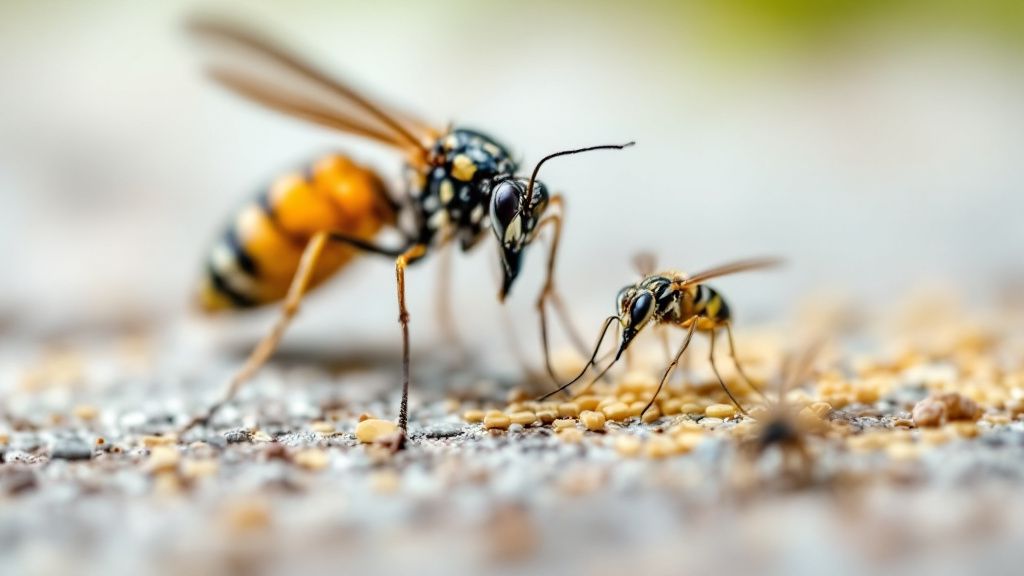
Summer Intruders and How to Manage Them
As summer heat intensifies, you find Nashville bustling with new pest challenges. Mosquitoes, thronging the warm evenings, present both annoyance and health risks due to their disease-carrying potential. Effective Nashville pest control includes removing standing water and using repellents to keep these biting nuisances at bay, ensuring your outdoor activities remain enjoyable during the long nights of summer.
Flies also escalate their presence in the summer, drawn to the heat and food waste. Keeping your spaces free of attractants like open trash bins and overripe produce is crucial. Utilizing screens and keeping doors closed can significantly reduce fly infiltration. Understanding their attraction patterns allows you to implement simple yet effective strategies to manage their numbers.
According to recent studies, rising temperatures affect pest behavior, making them more active during prolonged warm spells. Entomologists have found that warmer climates encourage quicker reproduction cycles, compelling a more robust response. With this scientific explanation in mind, timely interventions can help contain the population surge, safeguarding your living environment from becoming a breeding ground.
The chorus of cicadas might not pose a direct risk, yet their emergence serves as a reminder of nature’s cyclical events. Appreciating the activity of these seasonal pests can offer insights into the broader ecological tapestry of Nashville, guiding your pest control efforts through awareness and adaptation.
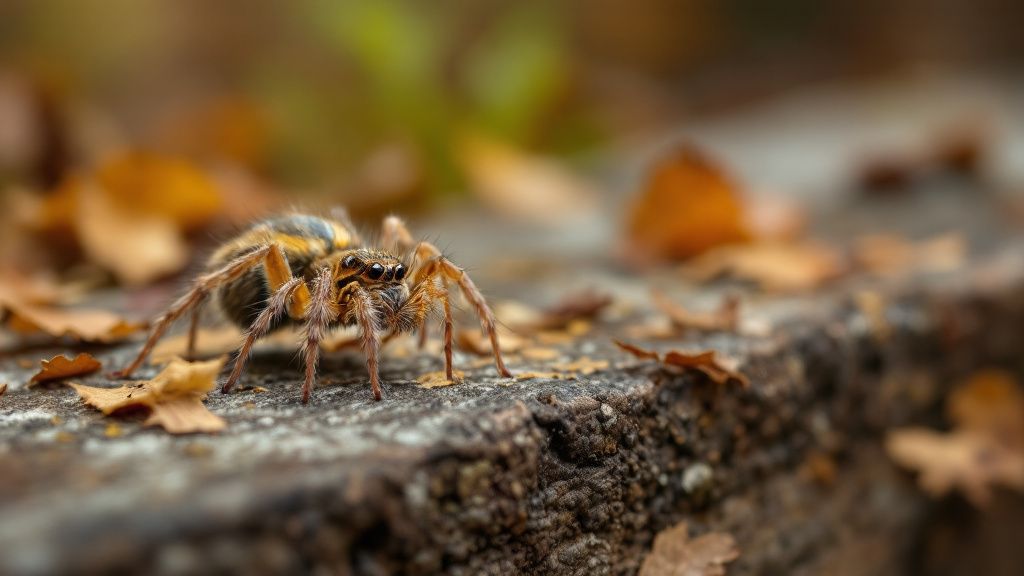
Fall Pest Challenges in Nashville
As the vibrant shades of fall grace Nashville, you encounter specific pest challenges that require careful management. This season sees increased activity from rodents, such as mice and rats, as they seek warmth and shelter. Ensuring that your home is sealed and free from easy entryways is vital. Regular inspections aid in identifying vulnerabilities, aligning your prevention strategies with the changing behaviors of these pests.
Stink bugs, too, become more visible during fall, scrambling for a cozy place to overwinter. They may slip through openings in windows and door frames, leading to unwanted indoor encounters. Routine maintenance can prevent such invasions, with diligent repairs and cautious entry management playing a crucial role in your pest control routine.
Looking ahead, fall pest management is expected to evolve with advancements in technology and eco-friendly practices. The emphasis on sustainable methods suggests a shift toward integrated pest management techniques. This future outlook encourages holistic approaches that balance pest control with environmental preservation, enabling you to address Nashville’s seasonal pests effectively while fostering harmony with nature.
In fall, your pest control efforts become a proactive mission against the backdrop of Nashville’s changing landscape. By understanding and anticipating the unique challenges of this season, you can adjust your strategies to ensure your home remains secure and comfortable.
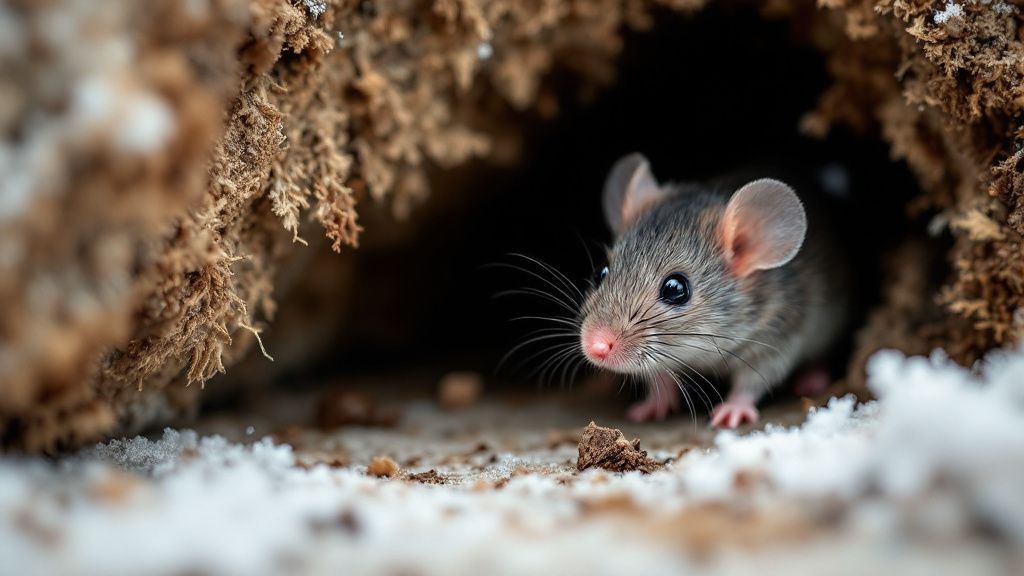
Winter Pest Problems and Solutions
As winter’s chill wraps around Nashville, pests like cockroaches and spiders become more predominant indoors. Seeking warmth, they slip through crevices and cracks, turning your cozy retreat into their own haven. Effective Nashville pest control requires sealing these entry points and maintaining cleanliness to reduce appealing hiding spots, ensuring your home remains as inviting to you as it is unforgiving to pests.
Rodents, particularly, are a winter concern as they look for food and shelter from the cold. Having a preventive plan in place, such as securing food sources and using traps, helps manage these unwelcome guests. Regular inspections are key to identifying signs of infestation early on, prompting timely intervention before they multiply.
Think of managing winter pest problems as weaving a warm coat around your home. Just like a good coat, it functions by keeping warmth in and cold out, protecting your space from unwanted intruders. This metaphor underscores the importance of creating barriers that support a healthy, pest-free environment even in the harshest of climates.
Adopting these solutions allows you to maintain a peaceful balance between indoors and out, even as Nashville’s winter landscape demands more from your pest control strategies. Remaining vigilant during these colder months ensures your comfort isn’t compromised by the season’s persistent pests.

Integrated Pest Management (IPM) Strategy
Integrated Pest Management (IPM) stands as a holistic approach to tackling pest control challenges across Nashville’s changing seasons. You begin by understanding the life cycles of pests and the susceptible moments to intervene. This strategy emphasizes prevention, thus reducing reliance on chemical treatments and focusing on long-term solutions that are both effective and environmentally friendly.
IPM blends cultural, mechanical, and biological control methods. It requires you to regularly monitor pest populations and establish tolerance levels before action is necessary. By integrating practices like habitat manipulation and natural pest predators, IPM aims to minimize risks. This multifaceted strategy adapts to the unique demands of Nashville pest control while promoting a balanced ecosystem.
What most people don’t see about IPM is the meticulous planning and data collection behind the scenes that make all the difference in successful implementation. Thorough record-keeping of pest activity and environmental conditions informs every IPM decision, allowing you to tailor interventions precisely. This behind-the-scenes insight reveals the depth of strategy needed to maintain effective seasonal pest management.
Your focus with IPM is to achieve sustainable control rather than immediate eradication. In urban environments like Nashville, this means crafting a strategy that protects both your living space and the surrounding natural environment. By embracing the principles of IPM, your pest control efforts can lead to healthier, more resilient ecosystems year-round.
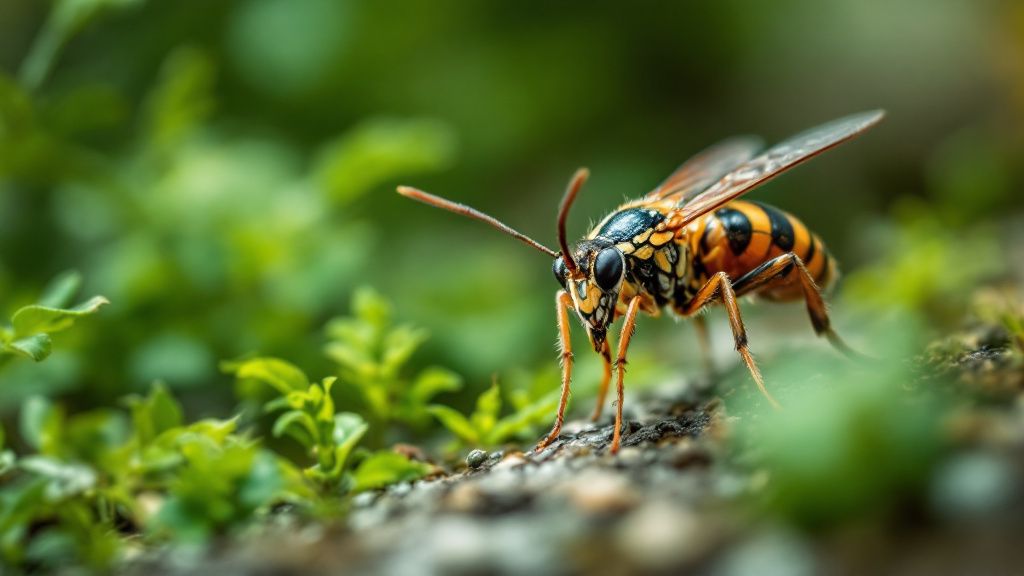
Identifying and Understanding Pest Behavior
Understanding pest behavior is crucial for effective pest control throughout Nashville’s varied seasons. The first step is recognizing the specific habits and patterns of different pests. Whether it’s termites infesting wooden structures or ants invading kitchen spaces, each pest has a distinct signature. Observing their movement, feeding, and nesting behavior allows you to predict and thwart future invasions, making targeted efforts in Nashville pest control more strategic and impactful.
Comparing termite behavior vs that of rodents reveals stark contrasts in how they interact with their environment. Termites often remain hidden while inflicting structural damage, whereas rodents leave telltale signs like droppings and gnawed materials. Employing different detection methods based on these behaviors ensures that you can intercept them more effectively, ensuring swift management before they become a nuisance year-round.
Detecting seasonal adjustments in pest behavior further enhances your management approach. Many pests adapt their strategies as temperatures shift, altering their habits in search of food and shelter. By aligning your pest control methods with these behavioral changes, you can maintain control over Nashville seasonal pests. Each pest’s behavior informs your strategy, sustaining a harmonious balance in both urban and natural surroundings.









